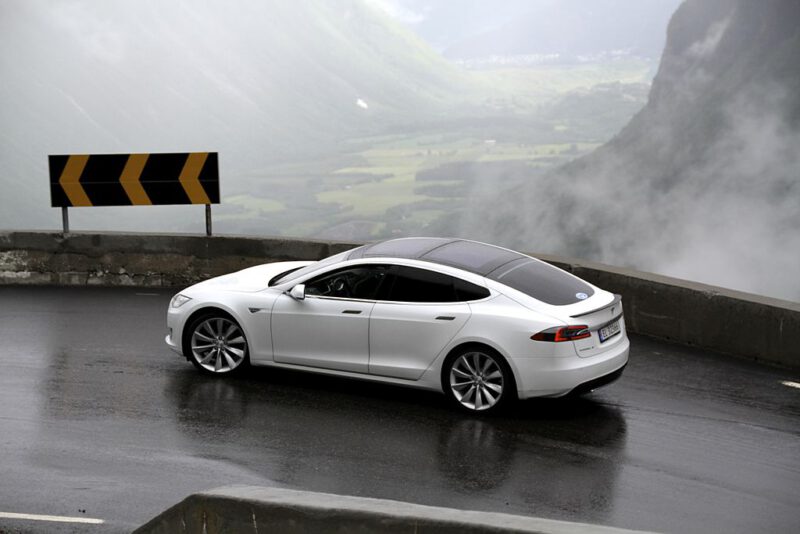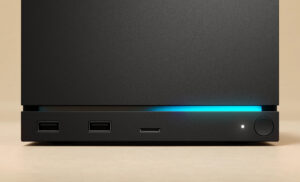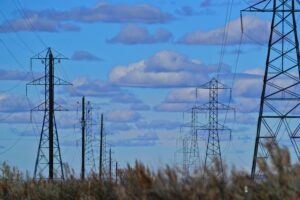An electric vehicle (EV) is super convenient. Charge it in your garage and you can drive by gas stations, content you don’t have to pay attention to their prices. However, a power outage can make it inconvenient to own an EV. You can store fuel in gas cans, but it’s a bit tricky to do the same with electricity. Still, there are ways you can charge your electric car during a blackout.
What Happens to EVs During a Blackout?
A blackout cuts off the electricity supply to your home — which is especially an issue if your car runs on it.

While outages usually happen only one time per year and typically last a few hours at most, it can be a challenge when your EV is your only mode of transportation. Whether your charge is low or completely out, you’ll need to find a way to recharge it.
All electric vehicles have electric motors and components that are powered by batteries instead of gas. While some run on combinations of energy and fuel, many are purely electric. You’ll be unable to refuel it without electricity if it only has a battery.
Although outlets can’t do anything during a blackout, you can still charge an EV with other means. If you’d like, you can also send its stored energy back to the power grid to provide electricity for general use. It could be helpful in emergencies or during natural disasters. Ultimately, its charge will stay the same unless you transfer energy away or use alternate methods to charge it.
How Do You Charge an Electric Vehicle in a Power Outage?
You can refuel your EV if you don’t want to wait for the power to kick back on. Before you do, you need to figure out what’s available to you. Factor in the plug-in type it has and what charging cord or adapter you’ll need.
Each EV comes with one of three charging options — you’ll fuel up using level one, level two, or direct-current charging. The port, charging time, and availability of adapters vary, so you must know what your car takes.
You may have limited options. For example, direct-current charging is only available at public stations. The other two have adapters that can plug into your house. You can figure out alternative charging methods once you know what you have.
There are a few ways you can get electricity when your power is out:
- Solar panels: A renewable resource can provide electricity during power outages. Solar panels convert sunlight into electricity so you can charge your EV.
- Generator: A generator’s primary function is to provide power in cases of outages, so many people have one on hand. It’s a decent temporary alternative.
- Stored energy: Grid-scale batteries can provide electricity for situations like this because they hold excess energy until needed.
It’s possible to use these to charge your car during a blackout. However, not everyone has a backup generator or solar panels — and not every power grid has energy storage. If you have an EV and want to charge it in any situation, look into getting one of these options.
You can also set up your EV to automatically resume charging when the power comes back on, so it’ll start refueling as soon as possible. Power outages are inconvenient, but your car should be able to last a few hours without topping up on electricity.
Does It Make Sense to Charge Your EV With a Generator?
The main purpose of a generator is to produce extra power when you’re running low. While they’re good alternatives, they come with some drawbacks. Most generators are way too small to provide power to an electric vehicle. Even if you find one that can generate enough energy, they don’t come cheap.

There may even be issues once you get a generator in the correct size. They’re much too large and heavy to carry, so your mobility is limited. You’ll be in a tough spot if your car’s battery dies in the driveway and you set your generator up out back. Finding the right adapter to make charging possible can also be tricky.
While generators are still a reasonable solution, it may not be worth it. Power outages are typically short and contained to specific areas. You’ll likely be able to wait it out or go to a nearby charging station if you need to fill up your tank. Most EVs can go over 200 miles with a fully-charged battery, so you should be able to make it.
It makes sense to charge your EV with a generator if you need to be ready to leave immediately. That being said, using other energy sources or waiting until the power comes back is a good idea. You can also just drive your EV to wherever there’s electricity,so it might be wise to use the generator to power your stationary appliances instead.
Should You Use Your EV as a Backup Power Source Instead?
Electricity is essential for an EV to function, but that doesn’t mean it’s useless during a power outage. You can use it as an energy source if there are more important things you need to keep powered. For example, some medical devices require electricity to function. Beyond that, keeping your refrigerator, lights, and thermostat on is crucial, especially in emergencies.
Consider using your EV as a backup power source instead of finding ways to charge it. An inverter can convert its electric current and power your home. It’s essentially a huge mobile battery, so you can take advantage of the charge it has left to run your appliances.
In 2021, most people sat through a total of seven hours with no electricity over the course of the year. A car can sit in the garage for a few hours with no problem — the food in your fridge is less durable. While you can prioritize charging your EV if you want, charging the rest of your home may be more important.
Charging Your Electric Vehicle During a Blackout
You can charge your electric vehicle during a blackout but you should be mindful of your situation. If it has enough power to drive to a charging station, you should do so instead of hooking it up to a generator. It’s also important to consider why the power went out and factor that into your decision.
You can use alternative power sources to charge your EV or power your home with its battery. Keep in mind that the type of EV you have and the port it has will affect your options. Overall, deciding the best way to charge it during a power outage is up to you.










